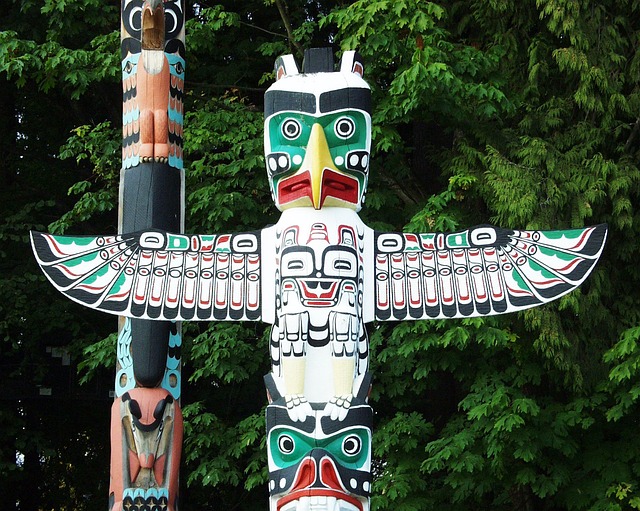
Image credit to ArtTower from Pixabay.
Interview by Philippa Oppenheimer; Reportage by Alex Moores, Lynn de Miranda, Matthew Paskin
Chief Bill Erasmus, indigenous leader of the Dene Nation in northwestern Canada, is using the COP climate debates in Dubai this year to demand the recognition of sovereign authority over their historical lands to help increase environmental protections.
Working with other indigenous groups Chief Erasmus takes part in daily caucuses where he uses dialogue to influence the COP process despite not formally having a place on the table.
Erasmus argues that indigenous knowledge is vital for environmental protections. “We survived and thrived here for thousands of years before European contact. And so they need to understand how we did that.”
Indigenous people were recognised for the first time in international climate negotiations in 2015 when the Paris Agreement presented at the end of COP21 was signed to limit global temperatures well below 2°C above pre-industrial levels.
Chief Erasmus was present at the Paris Agreement talks and recalls the task of fighting for their inclusion: “The wording that we got into the into the document was taken out five times. We had to lobby to get it back in.” “But we were able to get recognised as indigenous peoples as part of the answer to dealing with the whole issue of the environment.”
Indigenous people are not formally represented in the UN. At COP, the Dene Nation like other indigenous people are designated NGOs – non-governmental organisations – despite being the chosen leaders of the organised societies they represent.
Erasmus argues this is part of a broader invalidation of indigenous worldviews by the Western world. The Dene Nation lost the recognition of sovereign authority over their lands when Canada achieved independence in 1935, despite having friendly and peaceful agreements in place with Queen Victoria, the previous colonial ruler of the Canadian province.
The traditional lands of the Dene people are now located in Nunavut and the Northwest Territories in northern Canada.
Coming from an oral society that emphasises word as bond, Erasmus sees dialogue with stakeholders at COP as being a vital platform to further their interests and to share knowledge. “As indigenous leaders we need to talk to everyone, and everyone needs to talk to us.”
